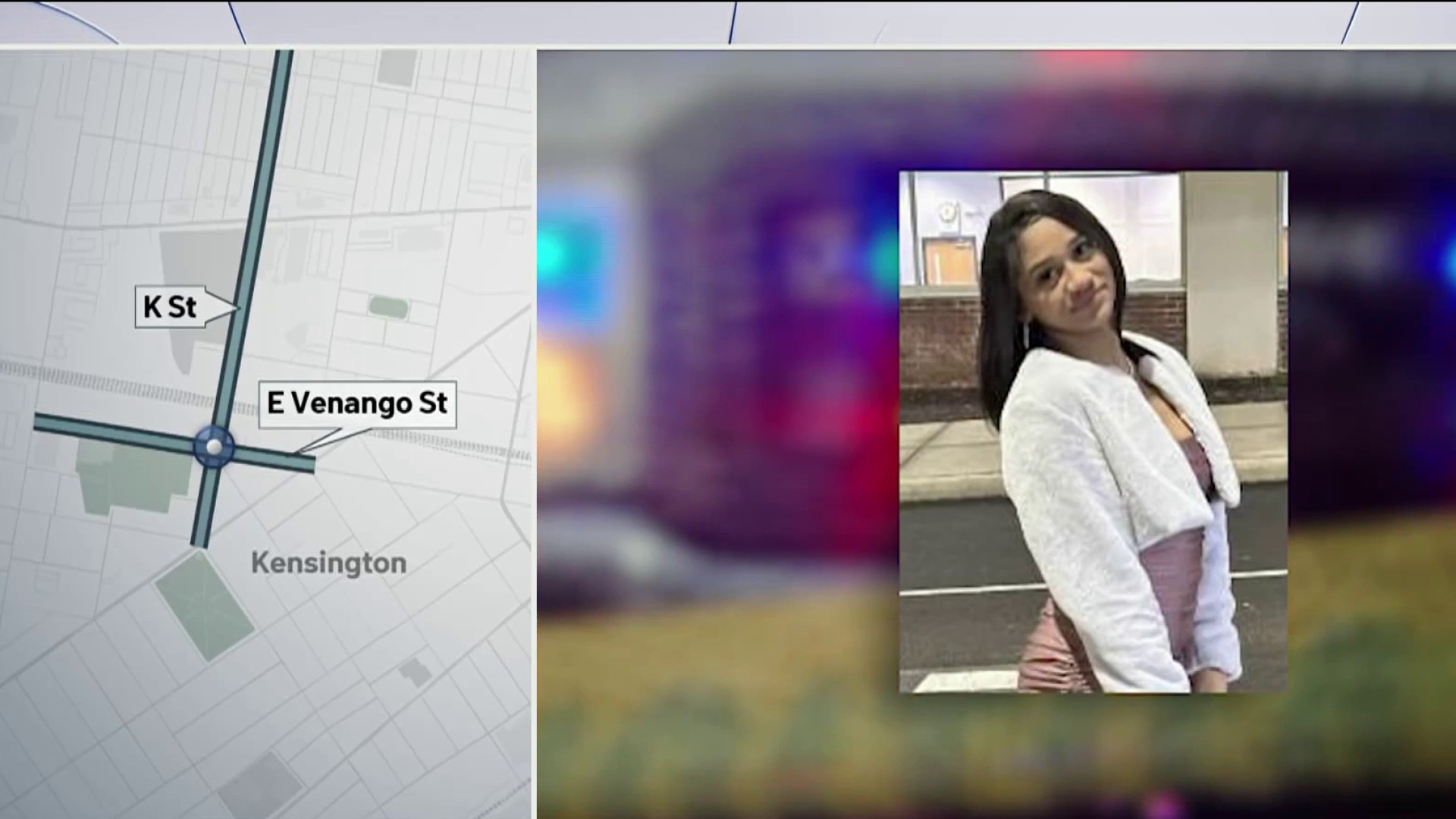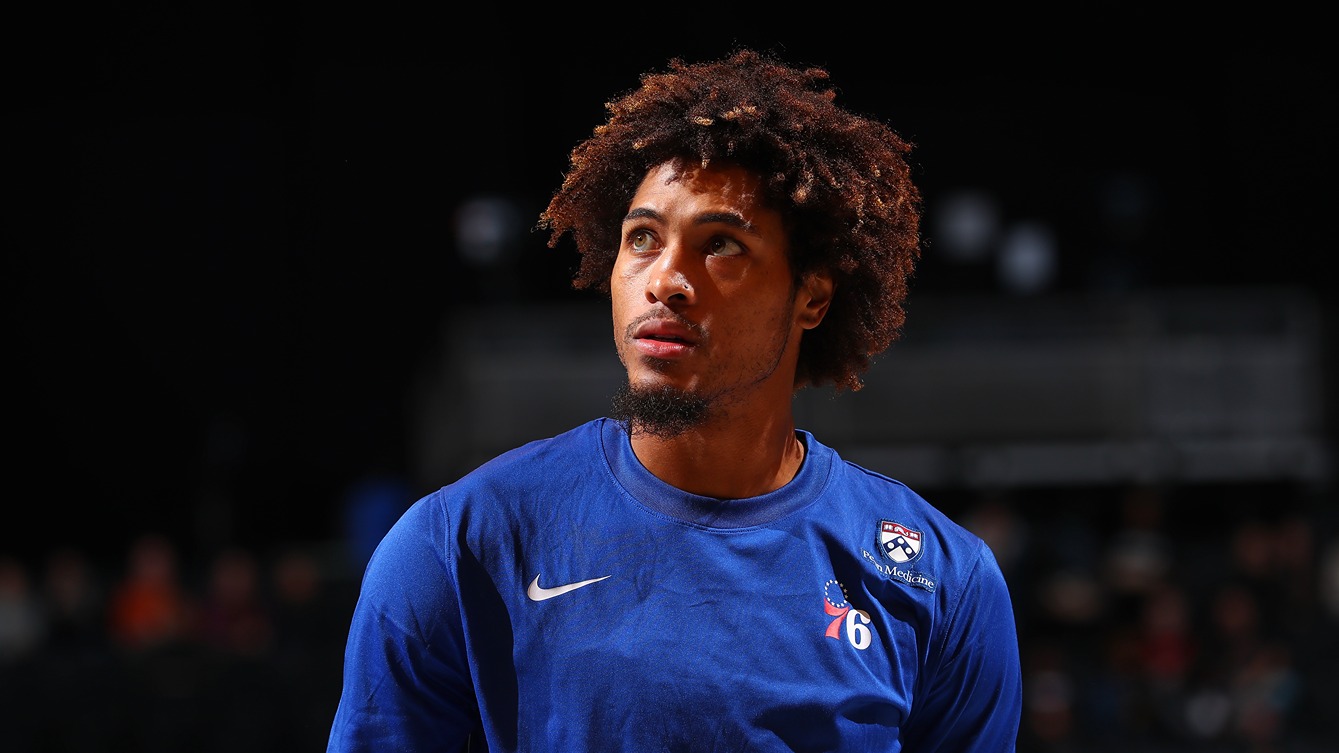Federal Immigration and Customs Enforcement dealt another dose of fear and uncertainty to international students this week, warning that their visas would not be honored if the students took all their classes online.
Unless a student on an F-1 or M-1 visa is taking some in-person classes this fall, they are at risk for removal from the United States, ICE's Student and Exchange Visitor Program said Monday.
Yaseen Ahmid, who left Johannesburg, South Africa, to attend Drexel University in Philadelphia's University City and is now president of the "pre-junior" class, said the news felt like a "slap in the face" that he could be ordered to leave the country. His brother and sister, who are also international students, moved in to his Philly off-campus apartment in May when they had issues with their dorms at other schools.
"We were sitting at the kitchen table and our jaws dropped," Ahmid said. "I feel a lot of international students believe that they’ve been betrayed. We’ve put so much work into being here."
There are more than 1 million international students in the U.S., according to the Institute of International Education. Many pay full tuition and hope to work here someday, while others might want an education here before returning home. But they can't stay this fall, ICE says, if they're only taking online classes.
In Philly and elsewhere, that leaves several with a choice: go back home for classes on Zoom and WebEx; or commit to staying, and pray that the coronavirus pandemic doesn't move courses fully online again.
An NBC News analysis found that Pennsylvania has the sixth-highest enrollment of international students in the country, in part due to a high number of colleges. International students contribute $2.1 billion to the state's economy.
Local
Breaking news and the stories that matter to your neighborhood.
Harvard and M.I.T. have already sued ICE and the Trump Administration over the guidance, which they say is "to create as much chaos for universities and international students as possible."
“If things get worse, I think kind of all of us are hooped,” said Emma MacGillivray, a Canadian senior who plays squash at Drexel.
Classes In the Pandemic
NBC10 spoke to three Drexel University international students who all expressed concern that they could be sent back home if classes moved fully online. But right now, the university plans a "hybrid" model, they said, meaning some in-person instruction and some online.
Temple University also plans a hybrid model, so its international students could stay as long as they take an in-person class. "We stand by our international students and are working with them to ensure that they will have the appropriate requirements to remain at our institution," the university wrote on Facebook.
A University of Pennsylvania webpage reports a high volume of inquiries from international students about the new ICE guidance and is awaiting more information from the government.
You’re going to have risk your health to stay in the country.
Laura Coppard, a senior photography major from New Zealand.
The Community College of Philadelphia enrolls international students and announced plans in May to have classes fully online. CCP "is particularly concerned about the health and safety of our international students, who are valued members of our school community and critical to our mission as a College," a spokeswoman said in a statement. "At this time, we are exploring options in order to protect these students and provide them with a path to continue their education at the College."
Drexel's Office of International Students and Scholars Services says it will have to re-issue about 3,000 I-20 forms, to certify that students remaining in the country are not taking a fully online class load.
When the pandemic shut down the region in March, the three students stayed in their off-campus apartments and did all their coursework online. That won't be allowed this fall.
"A lot of us, we can’t get home because of travel bans," said Laura Coppard, a senior photography major from New Zealand. "You have people coming from working class families, or their households don’t have internet access."
She wasn't thrilled about the possibility, if she was sent home, of taking online classes in her dad's house truck, a type of mobile home. And there's a 16-hour time difference.
"I would be like, nocturnal in order to go to classes," Coppard said.
MacGillivray said because of the relatively good relationship between Canada and the U.S., she could get back home to Nova Scotia OK. Others have had more trouble. A classmate returning from Ukraine had her flight canceled three times before finally being able to return this week.
MacGillivray wondered about students from other countries with more strained relations, and her bills: "If things change 2 weeks in, I have 10 days to leave the country," MacGillivray said. "Then I have to worry about a lease, bills to pay, finding someone to sublet."
Drexel's squash coaches have been relaying the latest from ISSS to the team, 60% of whom are from out of the country, the roster shows. One classmate of hers criticized the ICE point that if a school was fully online, a student could transfer to another school that will have in-person instruction this fall.
“Because transferring schools in a month is so easy,” MacGillivray quoted the classmate as saying.
"Nobody wants a rising senior," Coppard said in a separate interview.
In New York City, students are leading a social media push asking Columbia and NYU to offer a 1-credit lecture to international students that would allow them to satisfy the in-person requirement but still mostly maintain social distancing.
"I’m not sure how the logistics of everything would work [at Drexel]," Coppard said. "We don’t have as much money as Columbia or NYU. How would they set up that class in a short amount of time, also ... where are we going to meet?"
Coppard assumes she will have at least some in-person classes this fall, and should be able to spread out from her classmates in her relatively small major.
But she wonders about social distancing in classes for larger majors like engineering or nursing.
“You’re going to have risk your health to stay in the country," she said.
Worked Hard for This
MacGillivray and Coppard said coming to college in the U.S. was a dream since they were kids. They filled out form after form just for the possibility of coming to school here.
MacGillivray played squash through high school and eventually was recruited to Drexel on a scholarship.
Ahmid chose Drexel after applying to more than 20 schools in the U.S., mostly on the East Coast, though he threw in the University of Hawaii to irritate his parents, he joked.
The finance-focused triple major is supposed to start co-op work soon. In his five-year program, he'll do three jobs totaling 18 months of university-approved work total. But he can't work if he's forced to go back home, and he wonders what American students would lose too.
“I think campuses and institutions would be very dull if there wasn’t some flair that was brought by international students,” Ahmid said.
For Lisa Meritz, from Temple's Office of International Affairs, international students can help American students understand other cultures if they can't travel abroad, particularly this year because of the pandemic.
"How great is it to have students in your class who bring Venezuela to you, or China to you, and you teach them about the United States?" she said. "Together we can make a better world."



